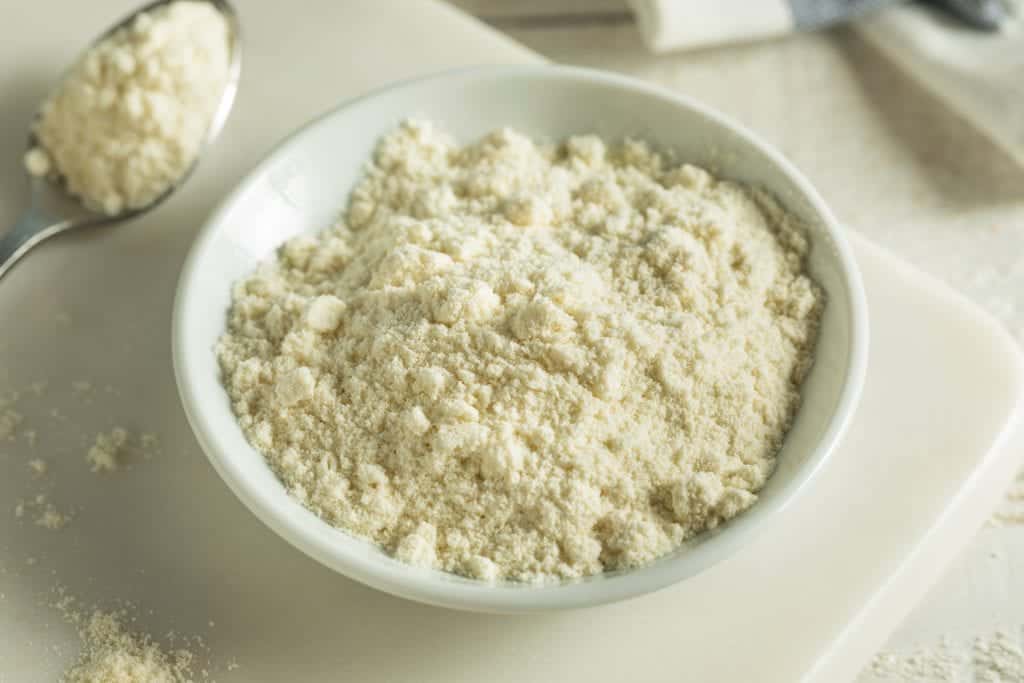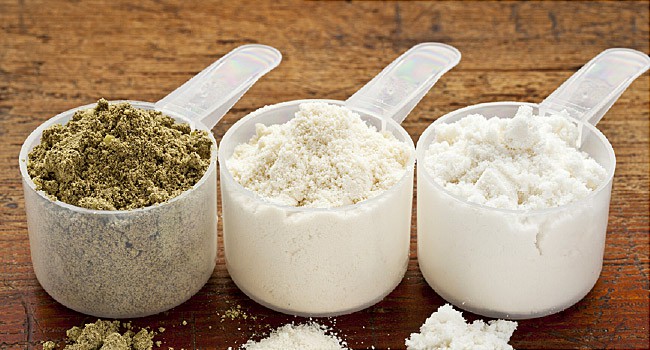If you were to read the articles going around on the ‘net currently based on a mouse study, you’d think there was something to worry about! Per usual, the truth is far more complicated. Researchers found at high intakes (200% of normal intakes) of branched-chain amino acids (BCAA’s) caused mice to overeat, get fat, and live shorter life spans. Various poorly written articles looking for some clickbait, with completely misleading titles such as “Stop drinking protein shakes! Bulk-up beverages may lead to weight gain, depression and shorter life spans, study suggests” have caused much confusion.

I will attempt to clear all that up here. The study published in the Nature Metabolism (2019) found that at the highest doses of BCAA intakes, it lead to hyperphagia (abnormally increased appetite) and weight gain and ill healthy for the mice. Per usual, we are not mice, but the study is still worth discussing. What they discovered was the BCAA’s at high doses caused an amino acid imbalance, preventing the amino acid tryptophan from doing its job in the brain. Professor Stephen Simpson, Director of the Charles Perkins Centre’s and researcher from the School of Life and Environmental Sciences, summarizes it nicely:
“Supplementation of BCAAs resulted in high levels of BCAAs in the blood which competed with tryptophan for transport into the brain
Tryptophan is the sole precursor for the hormone serotonin, which is often called the ‘happiness chemical’ for its mood-enhancing effects and its role in promoting sleep. But serotonin does more than this, and therein lay the problem
Branched-chain amino acids impact health and lifespan indirectly via amino acid balance and appetite control
This then lowered serotonin levels in the brain, which in turn was a potent signal to increase appetite. The serotonin decrease caused by excess BCAA intake led to massive overeating in our mice, which became hugely obese and lived shorter lives.“
Bottom Line
Truth be known, per my writing, vids, etc, I have never been a big fan of isolated BCAA’s, as covered in my now free massive Ebook, Bodybuilding Revealed, as well as this site via articles and vids. A quality protein with well balanced amino acid (AA) profiles, such as whey, will cover BCAA requirements of active people while supplying other AA’s in ratios that are beneficial overall. Speaking of whey, it has the highest BCAA content of any protein, yet studies suggest a major benefit to weight loss and health, improves mood, including appetite regulation!
Is it possible a person could ingest enough isolated BCAA’s over a long enough period of time to experience what those mice did? Hypothetically, sure. How large a dose in a human to experience that? Unclear. Should people worry about their post workout shakes? No. This study simply confirms a rather “no duh” conclusion known for decades, which is eating a range of protein sources is best for overall health and athletic endeavors. Should you get the majority of your protein from any one source? No. The study itself is interesting, albeit of very limited utility and relevance to free living humans who may ingest a protein shake or two per day. Per usual, it’s the lay media taking the results wildly out of context. No, I don’t recommend people supplement with additional BCAA…
Nature Metabolism (2019)
Abstract
Elevated branched-chain amino acids (BCAAs) are associated with obesity and insulin resistance. How long-term dietary BCAAs impact late-life health and lifespan is unknown.
Here, we show that when dietary BCAAs are varied against a fixed, isocaloric macronutrient background, long-term exposure to high BCAA diets leads to hyperphagia, obesity and reduced lifespan. These effects are not due to elevated BCAA per se or hepatic mammalian target of rapamycin activation, but instead are due to a shift in the relative quantity of dietary BCAAs and other amino acids, notably tryptophan and threonine.
Increasing the ratio of BCAAs to these amino acids results in hyperphagia and is associated with central serotonin depletion. Preventing hyperphagia by calorie restriction or pair-feeding averts the health costs of a high-BCAA diet. Our data highlight a role for amino acid quality in energy balance and show that health costs of chronic high BCAA intakes need not be due to intrinsic toxicity but instead are a consequence of hyperphagia driven by amino acid imbalance.
Will Brink is the owner of the Brinkzone Blog. Will has over 30 years experience as a respected author, columnist and consultant, to the supplement, fitness, bodybuilding, and weight loss industry and has been extensively published. Will graduated from Harvard University with a concentration in the natural sciences, and is a consultant to major supplement, dairy, and pharmaceutical companies.
His often ground breaking articles can be found in publications such as Lets Live, Muscle Media 2000, MuscleMag International, The Life Extension Magazine, Muscle n Fitness, Inside Karate, Exercise For Men Only, Body International, Power, Oxygen, Penthouse, Women’s World and The Townsend Letter For Doctors.
He’s also been published in peer reviewed journals.
Will is the author of the popular e-books, both accompanied by private members forum access , Bodybuilding Revealed & Fat Loss Revealed.
You can also buy Will’s other books on Amazon, Apple iBook, and Barnes and Noble.







Hi. It has been quite some time since I e-mailed u folks. Now I am a 75yr senior citizen, lol. Anyway I have a couple of questions for u. Since I am quite old/young can somebody my age actually work out with weights and gain a few lbs of muscle? Another question: I have diabetes and my Dr. wants me to lose 20 lbs, which more than likely is never going to happen. Can I lose weight even if I lift weights and do cardio at least 2 times during the week for about 45 min each day? I am a cancer patient and so far no signs of cancer. Anyway just thought I would ask u a couple of questions. BTW my current weight is 193lbs and I am 5’10”. I would like to get down to perhaps 183/185 to keep my Dr off of my ass.
Thanks,
Don